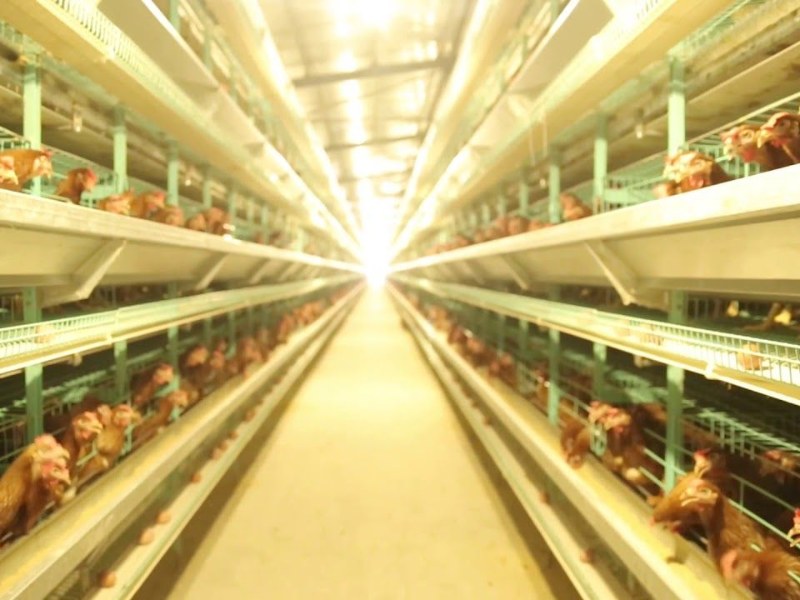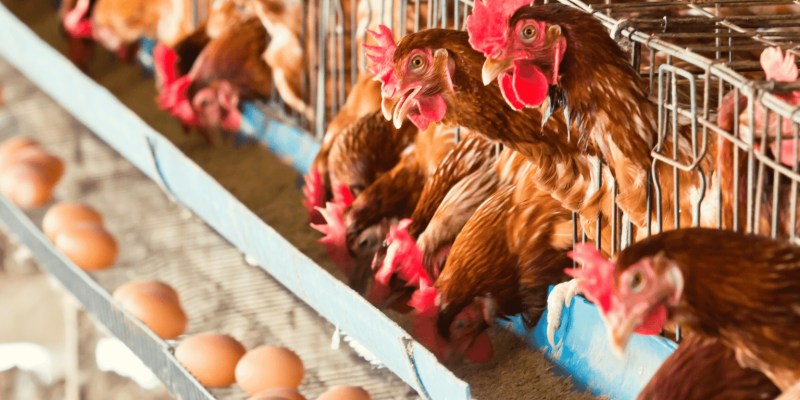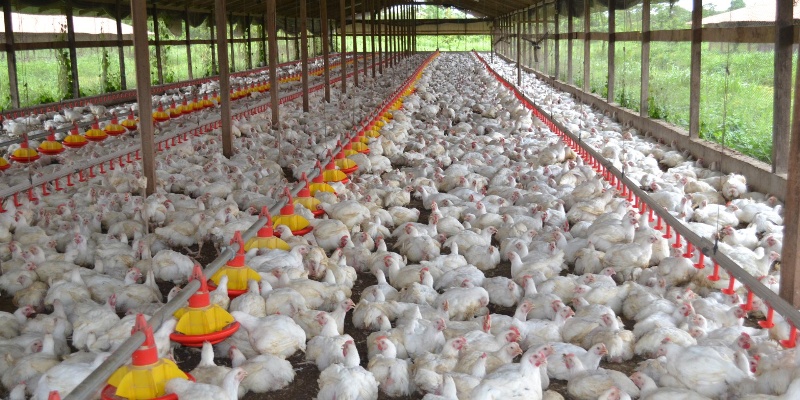
What Equipment Do You Need to Start a Poultry Farm?
Starting a poultry farm is a rewarding venture, whether your goal is to produce eggs, meat, or both. However, starting a poultry farm requires careful planning and choosing the right equipment. In this article, we will explore the basic equipment you need to start a poultry farm, helping you to successfully start a poultry farm.
Essential Infrastructure for Your Poultry Farm
Before diving into the specific equipment needed to start a poultry farm, it’s crucial to consider the infrastructure. Proper housing and facilities are paramount in ensuring the health and productivity of your flock.
Poultry Housing
One of the first things you need to think about is the type of housing for your birds. Poultry houses should provide shelter from harsh weather conditions and protection from predators. Depending on your farming scale, options include:
- Brooder Houses: For chicks, a brooder house with controlled heating is necessary for their early development.
- Layer Hens’ Coops: Layer hens require layer cages or floor systems that allow them to roam while providing nesting boxes for egg-laying.
- Meat Birds’ Sheds: If you’re raising broilers, you’ll need spacious sheds that allow for proper ventilation and movement.
Fencing and Security
Another critical aspect of starting a poultry farm is ensuring adequate fencing and security. Installing robust fences around your farm will keep out predators and prevent your birds from wandering off. Electrified fencing may also be an option for increased security.
Key Equipment Needed to Start a Poultry Farm
Once your infrastructure is in place, it’s time to gather the essential equipment to start a poultry farm. Below are some of the most important pieces of equipment:
Feeders and Waterers
Proper nutrition is vital for the growth and health of poultry. Therefore, having the right feeders and waterers is essential.
- Feeders: Choose automatic or manual feeders based on the size of your operation. Automatic feeders can save time and ensure that all birds have access to food throughout the day.
- Waterers: Clean and fresh water is equally important. Consider using nipple drinkers or troughs designed specifically for poultry. This helps prevent water contamination and promotes hygiene.
Heating and Ventilation Systems
For optimal growth, especially in the early stages, temperature control is vital.
- Heating Systems: Broilers and chicks require warm environments to thrive. Use heat lamps or even infrared heaters to maintain the appropriate temperatures.
- Ventilation Systems: Proper airflow is essential to prevent respiratory issues among your flock. Ensure that your poultry houses have efficient ventilation systems to regulate air quality.
Nesting Boxes and Perches
For layers, having the right nesting boxes and perches is crucial.
- Nesting Boxes: Provide enough boxes (one for every 4-5 hens) so they feel secure when laying eggs. The boxes should be clean, comfortable, and sheltered from light.
- Perches: Chickens love to roost. Providing elevated perches allows them to rest comfortably, thereby improving overall health.
Hygiene and Health Monitoring Equipment
Maintaining cleanliness and monitoring the health of your flock is essential to prevent disease outbreaks. Here’s what you need:
Cleaning Tools
Regular cleaning is imperative to maintain a healthy environment. Equip yourself with:
- Cleaning Supplies: Brooms, shovels, and disinfectants are necessary for daily upkeep. A pressure washer can also come in handy for deeper cleaning.
- Biosecurity Measures: Implement footbaths and hand sanitizers at your entry points to minimize the risk of introducing diseases.
Health Monitoring Equipment
Monitoring your birds’ health is key to early detection of potential problems. Consider investing in:
- Thermometers: A digital thermometer can help monitor the temperature of your poultry house.
- Scales: Regularly weighing your birds ensures they are growing as expected. This helps identify any health issues promptly.
Additional Considerations for Starting a Poultry Farm
Aside from the basic equipment, there are other considerations that can enhance the efficiency of your poultry farm operation.
Record-Keeping Tools
Keeping accurate records is vital for tracking growth, feed consumption, and health issues. Utilize software or simple spreadsheets to monitor these metrics efficiently.
Marketing and Distribution Equipment
If you plan to sell your poultry products, consider how you will package and distribute them. Basic packaging supplies and possibly refrigeration units for storage might be necessary, depending on your market.
Transportation
Having reliable transportation is crucial for moving your products to markets or processing facilities. Investing in a good vehicle equipped for transporting live animals or products will streamline your operations.
Conclusion
Starting a poultry farm requires substantial investment in various types of equipment and infrastructure. By focusing on the essential equipment needed to start a poultry farm—such as housing, feeding systems, heating, and ventilation—you can create a productive environment for your flock. Additionally, maintaining hygiene and monitoring the health of your birds will ensure long-term success in your poultry farming venture.


